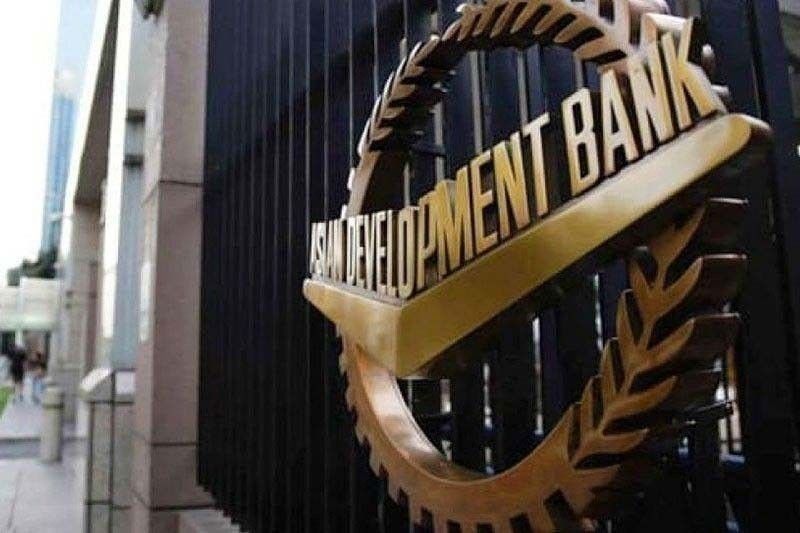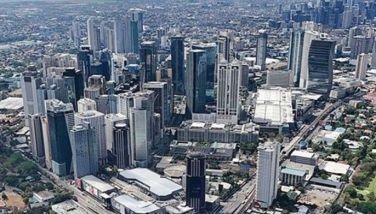ADB lays out $24 billion lending program for Philippines

MANILA, Philippines — The Asian Development Bank (ADB) is making available $24 billion for lending to the Philippines in the next six years to help the country achieve inclusive and resilient growth.
Under its new country partnership strategy (CPS) for the Philippines, the ADB said sovereign lending for 2024 to 2029 is expected to total $24 billion.
The multilateral lender said this amount may increase given substantial government demand.
ADB country director for the Philippines Pavit Ramachandran said the multilateral lender, which provided $4.5 billion in both sovereign and non-sovereign assistance to the Philippines last year, expects to sustain a similar level of annual financial support under the new CPS.
“This is an indicative amount which is subject to annual review with the government. Our support includes project preparation and feasibility studies for the government’s big-ticket investments under the Infrastructure Preparation and Innovation Facility as well as transaction advisory services for PPP (public private partnership) projects,” he said.
The CPS provides the framework for the ADB’s engagement with the country to help it address key constraints to growth.
Under the new CPS for the Philippines, the ADB’s strategy will focus on addressing critical issues and enhancing support on these key areas: human development, economic competitiveness and quality infrastructure, as well as nature-based development and disaster resilience.
The CPS aligns with the country’s development goals and supports government reforms in the areas of private sector development, public investment and social inclusion.
With an average annual gross domestic product growth of 6.3 percent from 2021 to 2023, the Philippines is one of the fastest-growing economies in the region and is becoming more attractive to foreign direct investments.
To help the Philippines stay on track with its growth trajectory, the ADB, through the new strategy, will step up its support for initiatives that will benefit low-income households and promote regional economic growth corridors through flagship infrastructure investments.
“ADB-financed projects such as the Bataan-Cavite Interlink Bridge and the North-South Commuter Railway, both key components of the Luzon Economic Corridor, are expected to further ease travel, deepen regional integration and stimulate growth across the Greater Manila Bay area,” Ramachandran said.
- Latest
- Trending



























